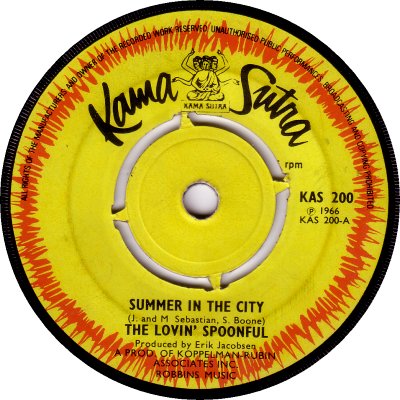
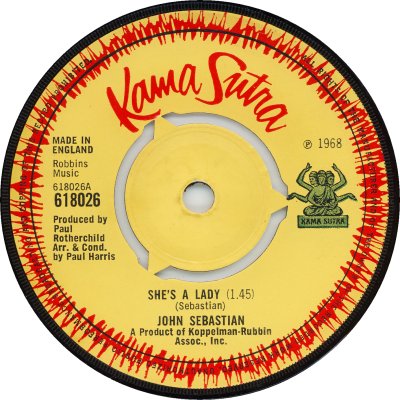
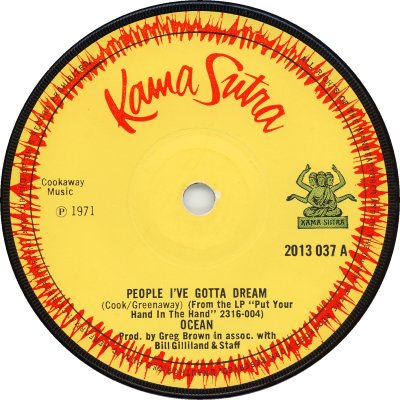
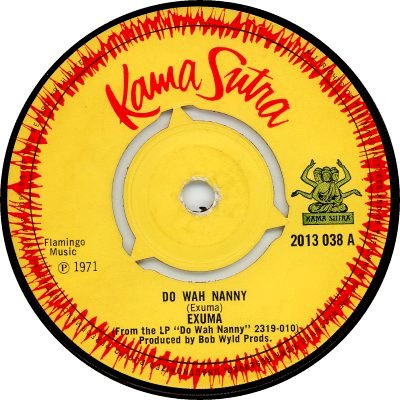
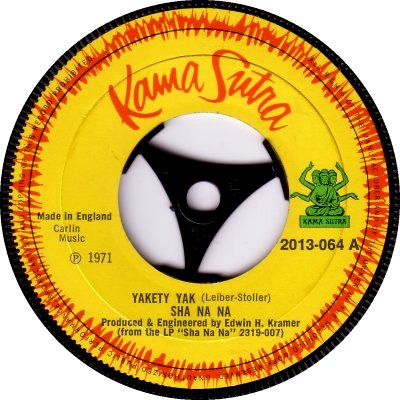
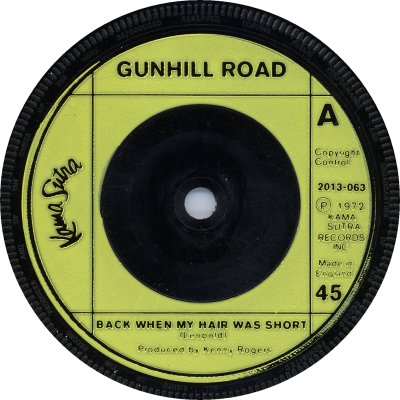
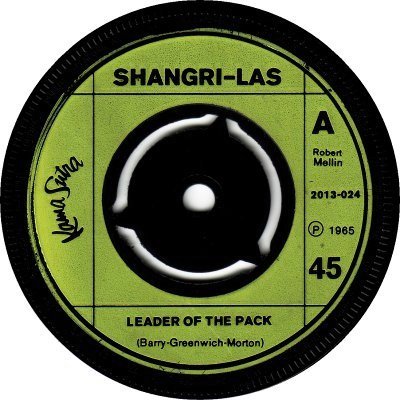
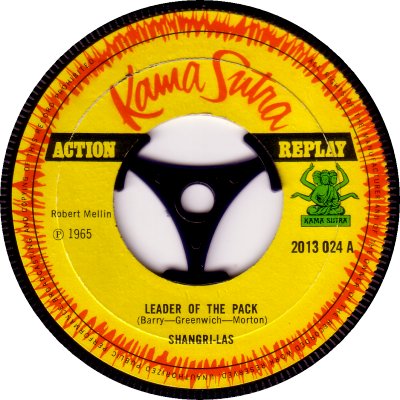
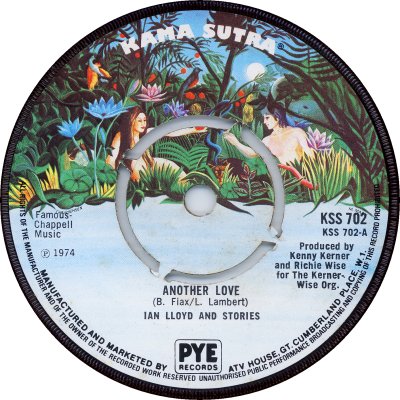
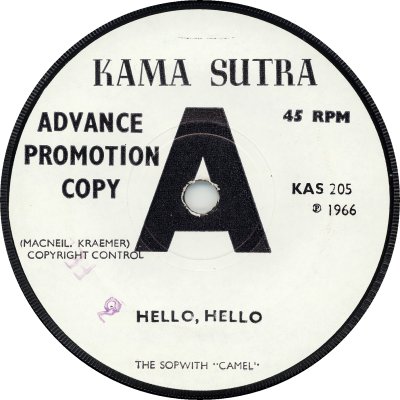
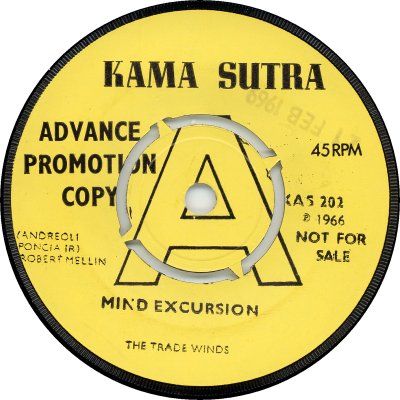
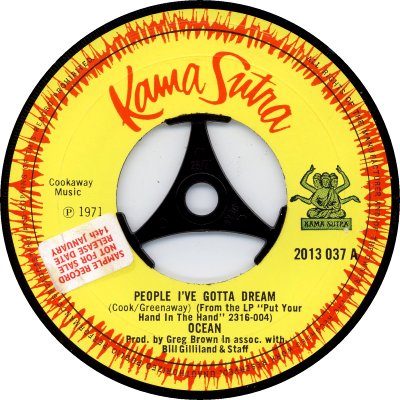
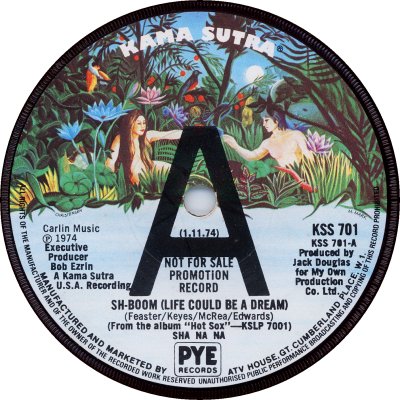
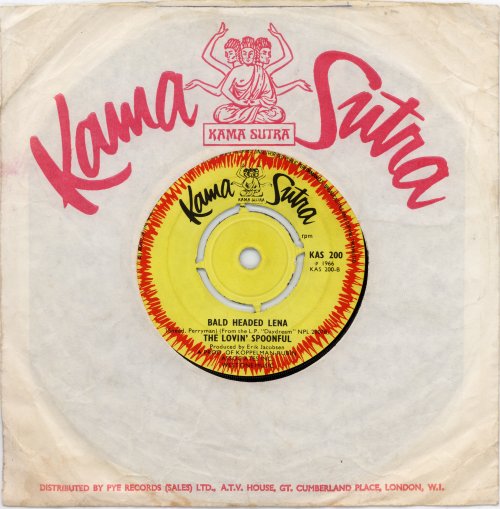
American. According to 'Record Retailer' of the 16th of October 1968, Kama Sutra was set up by Arthur (Artie) Ripp, Hy Mizrahi and Phil Steinberg as a production company; it moved into the field of publishing in 1964, and finally a year later the Kama Sutra record label was born. The company had placed several records successfully with MGM, and when MGM acquired the rights to distribute Kama Sutra's products, in 1965, the agreement stipulated that they would be released on the Kama Sutra label as such ('Billboard', 19th June 1965). 1967 saw the introduction of an offshoot label, Buddah (q.v.). Then in 1968 Kama Sutra's label, production and publishing arms were bought by Viewlex Inc., a firm which already owned record-pressing plants, cover printing facilities and a recording studio. Buddah was included in the deal. 'BB' of the 30th of November said that both Kama Sutra and Buddah would retain their present management staff and would be run autonomously. Kama Sutra presidents Ripp and Steinberg were to continue in their positions, as were Buddah vice-president / general manager Neil Bogart and executive vice-president Artie Kass. Ripp resigned in the summer of 1970 amidst a general managerial reshuffle ('BB', 1st Aug). As a label Kama Sutra continued to enjoy a measure of success in the USA into the mid '70s, but it was gradually eclipsed by Buddah and it put out its last single in 1976.
In the UK, Kama Sutra product first appeared on Pye International in 1965 via a licensing deal, reported by 'Billboard' of the 2nd of November. At the beginning of the following year Pye managing director Louis Benjamin allowed that Kama Sutra could have its own label identity if a certain level of business was reached; sales of The Lovin' Spoonful's 'Daydream' b/w 'Night Owl Blues' (7N-25362; 4/66) helped to fulfil that condition, and the Kama Sutra label duly made its appearance here ('BB', 28th May 1966). Records sourced from Buddah were also covered by the licensing deal, but they continued to come out on Pye International. A couple of lesser hits by The Lovin' Spoonful saw the new label in the Top 30 and the Top 50, but other artists failed to register. 'Record Retailer' of the 6th of April 1967 indicated that when the Pye deal ended a move to join the MGM group was on the cards - it would have made sense, seeing that MGM handled Kama Sutra in the USA - but just over a year later 'RR' of the 29th of May 1968 reported that the move would be to Polydor and that it would take place on the 1st of September. 'RR' of the 5th of June cautioned that the agreement had not yet been concluded, but in the end it went through successfully, as reported by 'RR' of the 4th of September. Under the new deal Buddah was to get its own label identity. A couple of reissues were issued by Pye after Kama Sutra left: 'Mind Excursion' b/w 'Little Susan's Dreaming' by The Trade Winds (KAS-202;2/69), and a coupling of The Lovin' Spoonful's 'Daydream' and 'Summer In The City' (KAS-215; 2/69). Presumably these were special cases and Pye retained the rights to them for a period.
Kama Sutra stayed with Polydor until the summer of 1974. Despite a reasonably full and varied release schedule there were no more Chart entries of new material - the last had been The Lovin' Spoonful's 'Darling Be Home Soon' b/w 'Darlin' Companion' (KAS-207), which had reached the No.44 spot back in 1967 - and its sole British hit of the '70s was with a reissue of the Shangri-las' 'Leader Of The Pack' b/w 'Remember' (2013-024; 6/71), which climbed all the way to No.3 in the autumn of 1972. A move to Pye in mid 1974 failed to improve matters for the label, though its stable-mate Buddah flourished; 'BB' of the 20th of July noted that the deal was a three-year licensing one. Kama Sutra released no singles here in 1976, and managed a final one in 1977. By that time Buddah was well and truly established as the company's main outlet.
Kama Sutra used three label designs in Britain, two of which were closely related. In its first incarnation the name was in black, with its parts separated by a black logo (1); according to 'BB' of the 18th of June 1966 the logo was intended to represent a Buddah. With the move to Polydor the name turned red, the logo moved to three o'clock and was given a green filling, and various credits changed position (2). In the spring of 1970 the catalogue numbers changed and there was another shuffling-about of credits (3). As was usual with Polydor family labels, single came in either solid (3), three-pronged (4) or large-centre-holed (5) forms. When Phonodisc switched from paper labels to injection moulded ones, in 1973, a handful of yellow-green Kama Sutra singles appeared in that form (6, 7) - the second example shown is a re-pressing of a reissue of a reissue and is from the second half of 1973, despite the date on the label. An 'Action Replay' series of reissues in 1971 featured singles on several different Polydor-family labels, including Kama Sutra; the labels were overprinted accordingly (8) - for the other records in the series see the 'Action Replay' page. A pink label with several different-coloured logos was used in the USA from November 1969 into 1972 but the UK stuck with the old yellow design. After the move to Pye in 1974 a completely different label design was adopted, which for some reason featured Adam and Eve (9). That design had been in use in America since 1972.
Demo copies from the first Pye era were generally in that company's usual white-label style of the time (10), but the two re-releases after Kama Sutra moved on had yellow ones (11) - by then all Pye family demos had changed to that colour. There were no special demo labels during the Polydor years, a sticker on issues serving as an indicator (12). Demos from the 1970s Pye period had issue labels overprinted appropriately (13). 1960s Pye Kama Sutras used a KAS-200 numbering and had a company sleeve (14); Polydors were numbered in the 618-000s initially, but this changed to 2013-000 when the company adopted seven-figure numbers for all its products, in 1970. 1970s Pye Kama Sutras had catalogue numbers in the KSS-700s. The discography below is very gappy, though many of the gaps are due to the fact that the company used those numbers for singles which were only issued overseas.
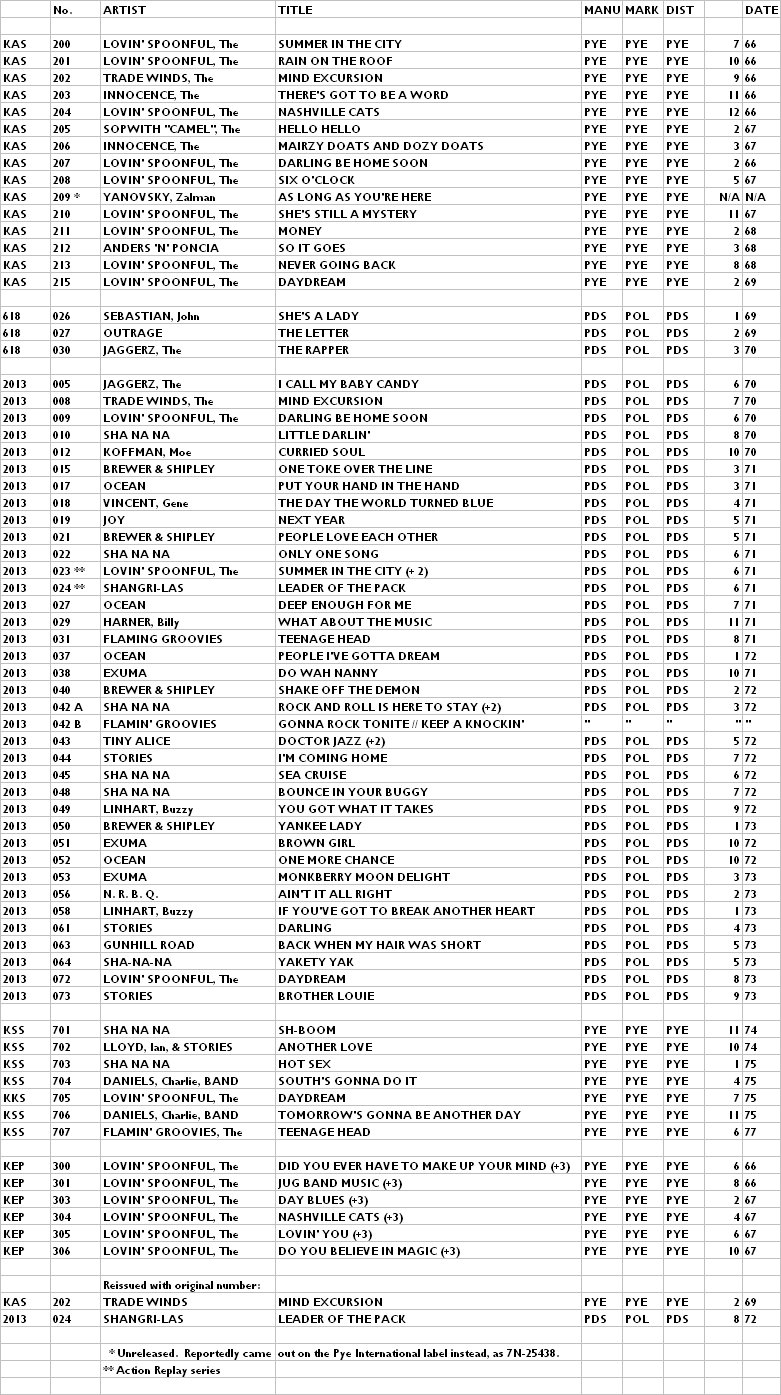


Copyright 2006 Robert Lyons.

